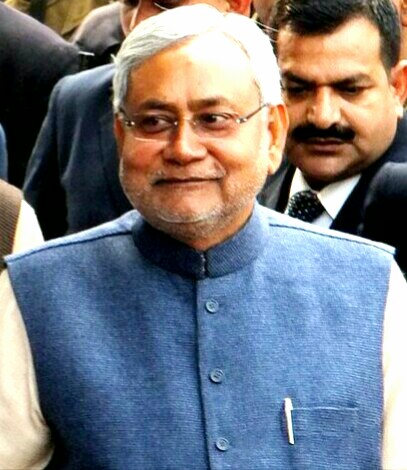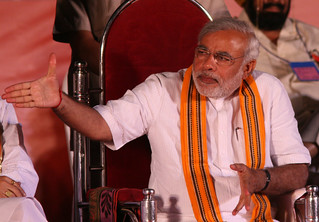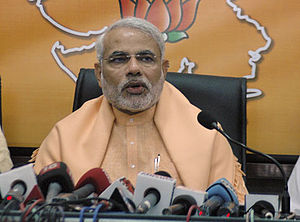"That Woman Deserves Her Revenge"
I was Barack Obama's first full time volunteer in all of New York City where literally every black politician except Bill Perkins was for Hillary. I was early and hard core. For me Hillary is about term limits. Barack Obama deserves a third and a fourth term, and that is where Hillary comes in as far as I am concerned.
Hillary will win big, it is because FDR's third victory was bigger than his first and second victories. The 2008 primary really is not over until Hillary becomes president because that primary had two winners, the first black president and the first woman president.
I have been ready for Hillary since 1991, although I don't see me actively campaigning. I did not in 2012. In 2007-08 it was a real struggle. 2012 was not a struggle, 2016 will be even less so. I am in coasting mode.
And, by the way, stop f________ with Indian diplomats.
Franklin D. Roosevelt 1932 presidential election
| Hillary and Natalie (Photo credit: Dan Correia) |
Hillary will win big, it is because FDR's third victory was bigger than his first and second victories. The 2008 primary really is not over until Hillary becomes president because that primary had two winners, the first black president and the first woman president.
I have been ready for Hillary since 1991, although I don't see me actively campaigning. I did not in 2012. In 2007-08 it was a real struggle. 2012 was not a struggle, 2016 will be even less so. I am in coasting mode.
And, by the way, stop f________ with Indian diplomats.
Franklin D. Roosevelt 1932 presidential election
Roosevelt won 57% of the vote and carried all but six states. Historians and political scientists consider the 1932-36 elections a realigning election that created a new majority coalition for the Democrats, made up of organized labor, blacks, and ethnic Americans such as Italian-Americans, Polish-Americans and Jews. This transformed American politics and starting what is called the "New Deal Party System"Landslide re-election, 1936
Roosevelt and Garner won 60.8% of the vote and carried every state except Maine and Vermont.[138] The New Deal Democrats won even larger majorities in Congress. Roosevelt was backed by a coalition of voters which included traditional Democrats across the country, small farmers, the "Solid South", Catholics, big city political machines, labor unions, northern African Americans, Jews, intellectuals and political liberals. This coalition, frequently referred to as the New Deal coalition, remained largely intact for the Democratic Party until the 1960s.Election of 1940
FDR systematically undercut prominent Democrats who were angling for the nomination, including Vice President John Nance Garner[167] and two cabinet members, Secretary of State Cordell Hull and James Farley, Roosevelt's campaign manager in 1932 and 1936, the Postmaster General and the Democratic Party chairman. Roosevelt moved the convention to Chicago where he had strong support from the city machine (which controlled the auditorium sound system). At the convention the opposition was poorly organized, but Farley had packed the galleries. Roosevelt sent a message saying that he would not run unless he was drafted, and that the delegates were free to vote for anyone. The delegates were stunned; then the loudspeaker screamed "We want Roosevelt... The world wants Roosevelt!" The delegates went wild and he was nominated by 946 to 147 on the first ballot. The tactic employed by Roosevelt was not entirely successful, as his goal had been to be drafted by acclamation. ..... He won the 1940 election with 55% of the popular vote and 38 of the 48 states.Election of 1944
Roosevelt replaced Wallace with Missouri Senator Harry S. Truman, best known for his battle against corruption and inefficiency in wartime spending. The Republicans nominated Thomas E. Dewey, the liberal governor of New York. The opposition lambasted FDR and his administration for domestic corruption, bureaucratic inefficiency, tolerance of Communism, and military blunders. Labor unions, which had grown rapidly in the war, threw their all-out support behind Roosevelt. In a relatively close 1944 election, Roosevelt and Truman won 53% of the vote and carried 36 states.





















































